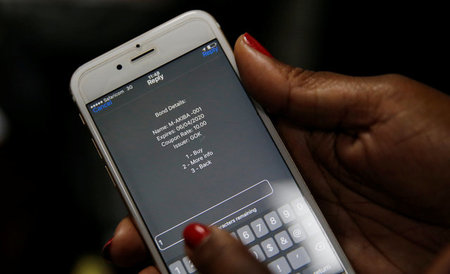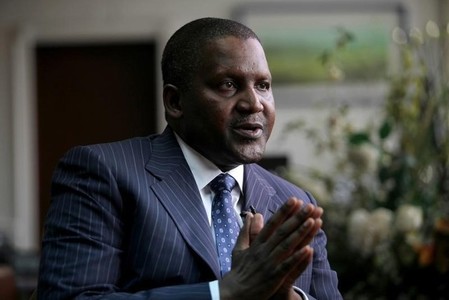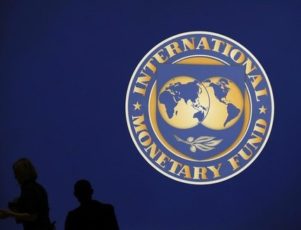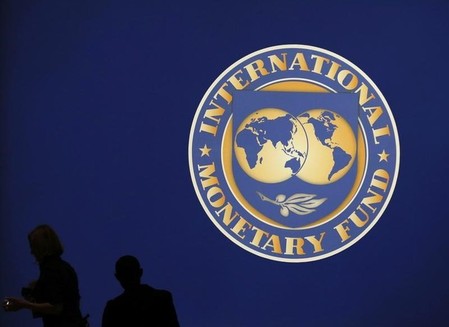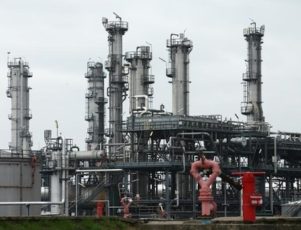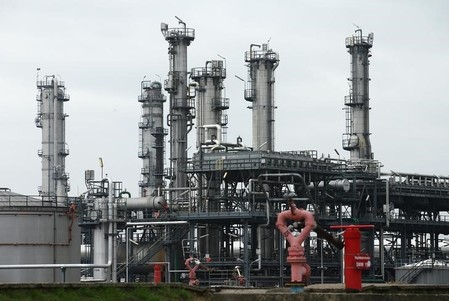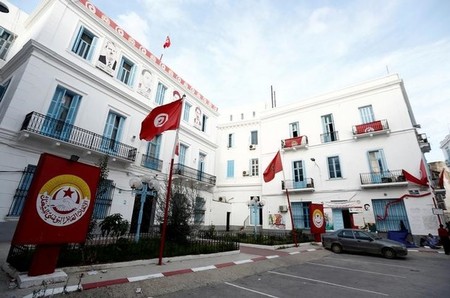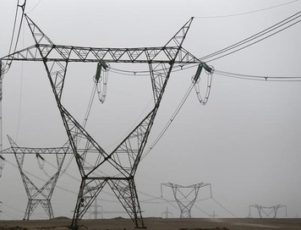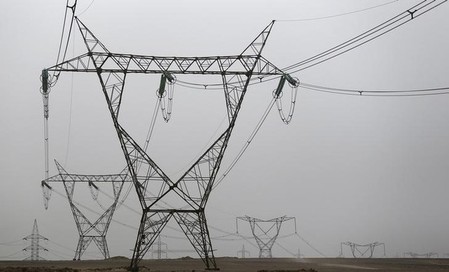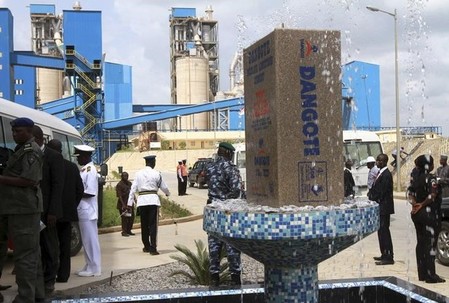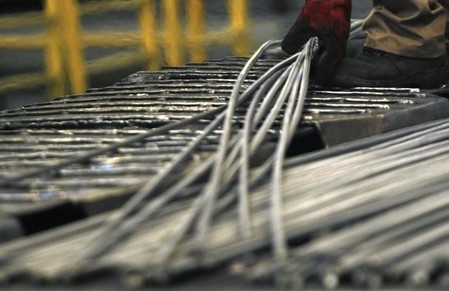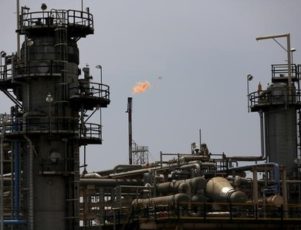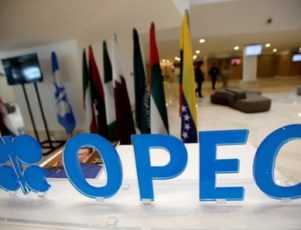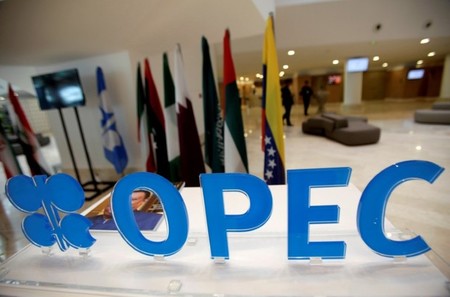By Jamie McGeever
LONDON (Reuters) – Oil swept to a six-week high on Thursday after OPEC agreed to cut crude output to help clear a glut, while sterling hit a three-month peak after traders interpreted comments from a senior UK official as a crack in the government’s “hard Brexit” line.
Global bond yields rose on prospects that resulting inflationary pressures from oil’s surge will lead to higher interest rates, with the benchmark 10-year U.S. Treasury yield matching November’s 16-month high.
European stocks dived, shrugging off the bounce in Asian shares and following the S&P 500’s fall the previous day instead. U.S. futures pointed to another slight decline at the open on Wall Street.
The Organization of the Petroleum Exporting Countries on Wednesday agreed to its first output cut since 2008, finally taking action after global oil prices fell by more than half in the last two years.
Non-OPEC Russia will also join output reductions for the first time in 15 years. [nL8N1DV1UH]
U.S. crude oil added to overnight gains of 9 percent to reach $50.00 a barrel for the first time since October. Brent crude, which soared $4 overnight, touched a six-week peak of $52.73 a barrel.
The jump in oil prices added to inflation expectations in the United States, which were already rising on prospects that President-elect Donald Trump would adopt reflationary policies using a large fiscal stimulus.
“We’ve had a spike in oil prices plus better data, so we’re seeing the reflation trade come back,” said Martin van Vliet, senior rates strategist at ING.
As a result the rout in U.S. Treasuries resumed, with yields pushing higher, especially on longer-dated bonds. The yield on 10-year and 30-year bonds <US10YT=RR<, which are most sensitive to inflation eroding their value, rose 5 basis points to 2.417 percent and 3.077 percent, respectively.
STERLING EFFORT
The 30-year yield has climbed more than 40 basis points since the Nov. 8 presidential election, heading back towards a 14-month peak of 3.09 percent marked last week.
The 10-year yield had its biggest monthly rise in November since 2009. Bonds across the world have lost about $2 trillion in market value since the Nov. 8 U.S. election, according to Bank of America Merrill Lynch data.
Sterling grabbed the limelight in currencies, jumping to a three-month high against the euro and on a trade-weighted basis after Britain’s Brexit minister David Davis said London would consider paying into the EU budget for market access.
The pound had slumped to historic lows following June’s vote to leave the European Union on fears of a “hard Brexit”, which would see Britain give up full access to the single market and the EU customs union in favour of retaining full control over its borders.
“These headlines suggesting Britain may be able to access the single market are generating substantial sterling demand from traders and investors looking to reduce their short positions and unwind hedges,” said Neil Jones, head of FX hedge fund sales at Mizuho.
The Bank of England’s trade-weighted broader measure of sterling rose to 78.8 and the pound was at its strongest against the euro for three months at 83.96 pence per euro. It hit a three-week high of $1.2650 against the dollar after Davis’ comments.
The dollar advanced to a 9-1/2-month high of 114.83 yen before pulling back to 114.30 and the euro recovered from the previous day’s slide to trade back above $1.06 after shedding 0.6 percent the previous day.
Europe’s index of leading 300 shares was down 0.8 percent at 1,340 points, Germany’s DAX was down 1 percent and sterling’s strength drove Britain’s FTSE 100 down 1.3 percent.
Energy and resources stocks in Europe shares outperformed the broader indices, which snapped a two-day winning run. The STOXX Europe 600 Oil and Gas index was up 1.5 percent, while the basic resources index was up 2.1 percent.
MSCI’s index of Asian shares ex-Japan rose 0.4 percent, lifted by stronger-than-expected Chinese manufacturing data, and Japan’s Nikkei 225 rose 1.1 percent after the yen fell to its lowest since February close to 115 per dollar.
Spot gold touched a 10-month low of $1,163.45. Bullion fell 8 percent in November, its worst month in three years.
(Editing by Hugh Lawson)
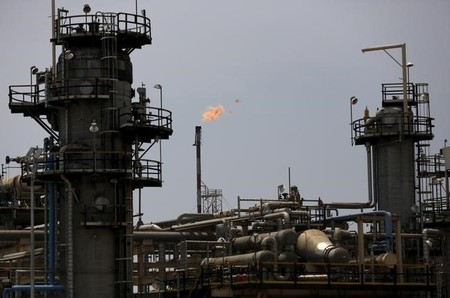
Read more


